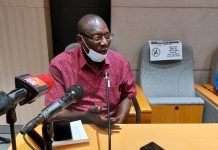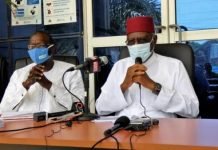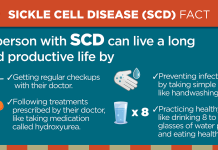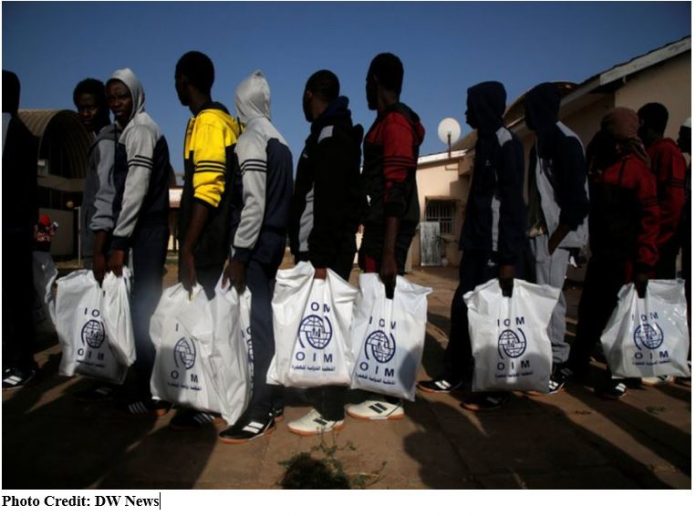By Abibatou Ceesay
Returnee reintegration is a major part of the mandate of the International Organization for Migration (IOM) in migrant protection spectrum.
According to the IOM Reintegration Handbook, ‘return’ is the act or process of going back or being taken back to the point of departure. This could be within the territorial boundaries of a country, as in the case of a person who has been internally displaced returning home; or across international boundaries, between a host country and a country of origin.
Migrants can opt for return for a variety of reasons. A migrant’s return decision is often complex and influenced by a variety of sometimes overlapping considerations. These may include improved political, economic or social conditions in the country of origin, as well as family and other private considerations.
Difficulties in the host country may also lead to the decision to return, such as a lack of economic opportunities, language difficulties, social isolation, discrimination, or unfamiliar cultural environments.
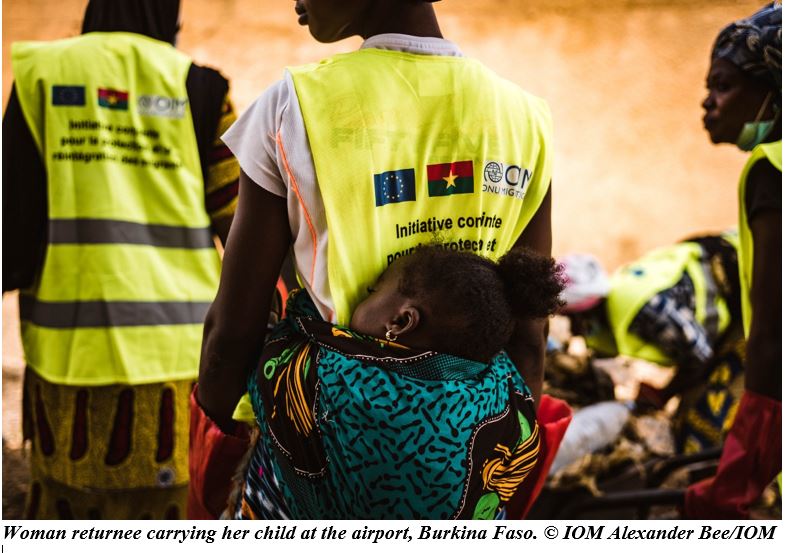 In any case, returnees often face social, economic and psychological challenges which makes it difficult to integrate in society. Economic and social support is often needed as migrants have to find a new role in the country they left and returned to after several months or years.
In any case, returnees often face social, economic and psychological challenges which makes it difficult to integrate in society. Economic and social support is often needed as migrants have to find a new role in the country they left and returned to after several months or years.
In The Gambia, in recent years, more than 7,000 Gambian migrants returned to the Gambia assisted by the International Organization for Migration (IOM).
Under the EU-IOM Joint Initiative for migrant protection and reintegration, IOM has rolled out several reintegration plans for returnee migrants in The Gambia. The IOM upholds the principle of non-discrimination as reintegration assistance has been provided to both voluntary and forced returnees.
It’s the first comprehensive programme to save lives, and protect and assist migrants along key migration routes in Africa. The programme enables migrants who decide to return to their countries of origin to do so in a safe and dignified way, in full respect of international human rights standards.
Through the IOM Assisted Voluntary Return and Reintegration (AVRR) programme, migrants who have settled abroad permanently or temporarily receive medical, psychosocial and financial assistance to reintegrate to their country of origin. Economic and social support is often needed as migrants have to find a new role in the country they left and returned to after several months or years.
IOM reintegration support
IOM’s Policy on the Full Spectrum of Return, Readmission and Reintegration (2021) guides IOM’s work on return migration through a holistic, rights-based and sustainable development-oriented approach that facilitates safe and dignified return, readmission and sustainable reintegration.
The policy focuses on the well-being of individual returnees and the protection of their rights throughout the entire return, readmission and reintegration process, placing individuals at the center of all efforts and empowering those making an informed decision to participate in assisted voluntary return programs.
 The reintegration assistance to individual and family can include support to meet immediate, medium or long-term needs including food, shelter and accommodation, healthcare, education and training, employment and/or income generation, family assessments and reunification, counseling, referrals, safe and dignified return and/or sustainable reintegration.
The reintegration assistance to individual and family can include support to meet immediate, medium or long-term needs including food, shelter and accommodation, healthcare, education and training, employment and/or income generation, family assessments and reunification, counseling, referrals, safe and dignified return and/or sustainable reintegration.
According to IOM, reintegration assistance may also come in the form of medical and psychosocial support, support to set up or strengthen a small business, support to pursue education or vocational training, support for job insertion or referrals to other services available in the country.
According to the IOM, between 2017 and 2019, over 4, 000 Gambians have benefitted from IOM’s Voluntary Humanitarian Return (VHR) programme, which offers a dignified and safe return for migrants stranded in Libya.
This assistance includes registration, accommodation, food, health care, psychosocial support, and assistance in the delivery of consular documents before they return to their country of origin.


